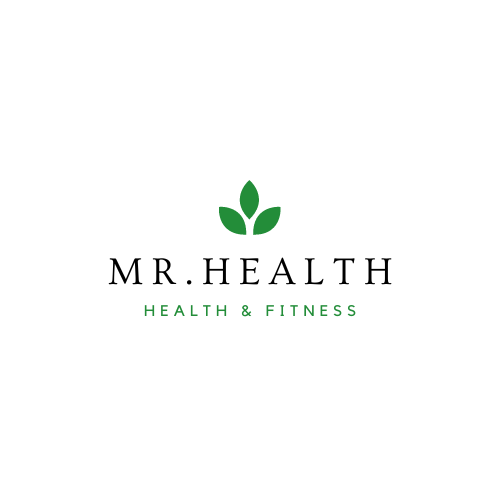As dietary trends gain traction worldwide, more people are curious about adopting plant-based lifestyles. Two popular choices are vegetarian and vegan diets.
While these lifestyles share similarities, they differ in approach and philosophy.
This blog will explore what a vegan diet entails, how it compares to vegetarianism, their respective health benefits, and tips for getting started with each.
🔶 Visit my site to see recommended diet plans, guides and products.
What Is a Vegan Diet?
A vegan diet eliminates all animal-derived products, including meat, dairy, eggs, and even honey. It’s more than just a diet—it’s often a lifestyle grounded in ethical considerations for animal welfare and environmental sustainability.
Vegans focus on consuming fruits, vegetables, legumes, nuts, seeds, grains, and plant-based alternatives for protein and dairy.
The Difference Between Vegetarian and Vegan
Vegetarian Diet:
-
Excludes meat, poultry, and fish.
-
Allows animal-derived products like dairy, eggs, and honey.
-
Focuses on reducing meat consumption rather than avoiding all animal products.
Vegan Diet:
-
Excludes all animal-derived products.
-
Often extends to lifestyle choices (e.g., avoiding leather and wool).
-
More restrictive but typically aligned with ethical or environmental principles.
Key Takeaway: While vegetarians eliminate meat, vegans take it a step further by avoiding all products derived from animals.
What Is Healthier?
Vegan Diet:
-
Pros:
▫️️Lowers risk of heart disease due to no cholesterol intake.
▫️️Associated with weight management and reduced risk of diabetes.
▫️️High in fiber and antioxidants from whole plant foods.
-
Cons:
▫️️Risk of deficiencies in vitamin B12, iron, calcium, and omega-3 fatty acids without supplementation or careful planning.
Vegetarian Diet:
-
Pros:
-
▫️️Easier to meet nutrient needs with access to eggs and dairy.
▫️️Reduces saturated fat intake compared to omnivorous diets.
▫️️Provides similar heart and metabolic health benefits.
-
- Cons:
▫️️ May not offer the same environmental benefits as veganism.
Verdict: Both diets can be healthy when properly planned. Vegans need to be more mindful of supplementation, while vegetarians have a slightly easier time with balanced nutrition.
How to Start a Vegan Diet
1. Educate Yourself: Learn about plant-based nutrition and essential nutrients to avoid deficiencies.
2. Experiment with Recipes: Try vegan versions of your favorite dishes.
3. Supplement Wisely: Ensure you take B12 and consider others like vitamin D or omega-3s.
🔶 Vegan Warrior : Perfect diet guide to start your journy. It's a Video course with 3 bonus e-books, Check it out.
How to Start a Vegetarian Diet
1. Start Small: Begin with one or two meat-free days per week.
2. Diversify Your Meals: Experiment with global cuisines rich in vegetarian options, like Indian or Mediterranean dishes.
3. Plan for Balance: Ensure meals include protein, carbs, and healthy fats.
Both vegan and vegetarian diets offer health, ethical, and environmental benefits.
The choice depends on your lifestyle preferences and goals. With careful planning, either can be a nutritious and sustainable way to live.
Start your journey today, and embrace the transformative power of plant-based eating!
🔸If your searching for the perfect diet plan to achive right weight, I have recommended diet plans and other weight loss related guides and products on my site. Go check it out!!
🔸If you don't now what deit plan to follow, I have posted some blogs about diet plans, make sure to check it out too!!
@Mr. Health













